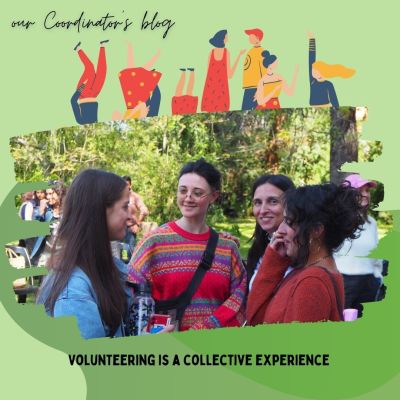I invite anyone who thinks Britons are obsessed with tea to take a stroll through a park on a Sunday afternoon in Argentina and get back to me on that. True, Britons are very partial to a cup of tea and it's the drink of choice for many, but you won’t see anyone in the UK (bar potentially my mother) hauling a massive thermos and mug from place to place. Tea in the UK is an at-home drink, mate here is an everywhere drink, and I mean everywhere. I’ve seen people drinking it on the bus, in Burger King, and, on one occasion, I saw a man wheeling his bike whilst precariously holding his mate upright.
Consumed in Paraguay, Uruguay, Southern Brazil, and of course Argentina, this drink is the product of the yerba mate, contains a lot of caffeine, and is heavily ritualised. Drinking it with people is a social act, as you share conversation as well as the drink itself. Whilst covid may have put a slight spanner in the works when it comes to sharing a bombilla, a straw, mate culture stays strong and you’ll be hard-pressed not to come across it whilst in Argentina.
Timing!
Ever heard the expression ‘puntualidad británica’? Me neither, because in the UK people are just… on time; it’s not noteworthy to us, it’s just how things are run. If someone is late it’s seen as quite rude, and events, journeys, parties all tend to start on time, if not Britons take that as meaning they’ve been poorly managed.
Here it’s a little different, people seem to operate slightly on their own clock, but this isn’t rude, it’s quite standard. Having lots of free time here, I’m not so bothered by it and have taken the same kind of approach myself, but I think if I was juggling lots of other responsibilities and was kept waiting by people whose timekeeping I couldn’t predict, I’d be driven a little mad.
Political spirit
If there’s something I think people in the UK are lacking, besides good weather, good teeth and good food apparently, it’s political activism. There isn’t a massive protest culture in the UK, even less so with ever more legislation being passed to seriously restrict civil freedoms. Recent political events in the country have been met with online outrage, but tumbleweed on the streets, as the British public prefers to complain amongst themselves, and then forget all about one incidence of corruption as another one comes to light.
This is unlike Argentina, where political spirit is strong. Living for a month on the city’s famous Avenida de Mayo, the road between Congress and the Casa Rosada, where the president conducts business, I stepped out onto the street to be met with no less than five protests in my short time in that area.
International women’s day here is not a day to say a big well done (!) to all the female figures in your life and to preach about knowing, raising and being strong women. Instead, it is a day to be angry, to object sexual violence toward women and to acknowledge the intersectionality of the fight toward a more equal society.
I know it may be easy to think that this is because Argentina has more to protest about, and that may be true; inflation is sky-high, the exchange rate and overall quality of life favours the few paid in dollars, and the government seems hell-bent on getting into more and more debt with the IMF, but a bit of protesting in the UK might just do our own country some good.
These are some of the differences between the culture I come from and Argentina that I’ve noticed so far. I’m sure more and more will come to light with every new day that I spend in this country that is so full of life and rich in culture and history. I’ll be sure to update this page with the new differences I discover as time goes on, as I spend more time volunteering and talking to Argentinians about their country.




